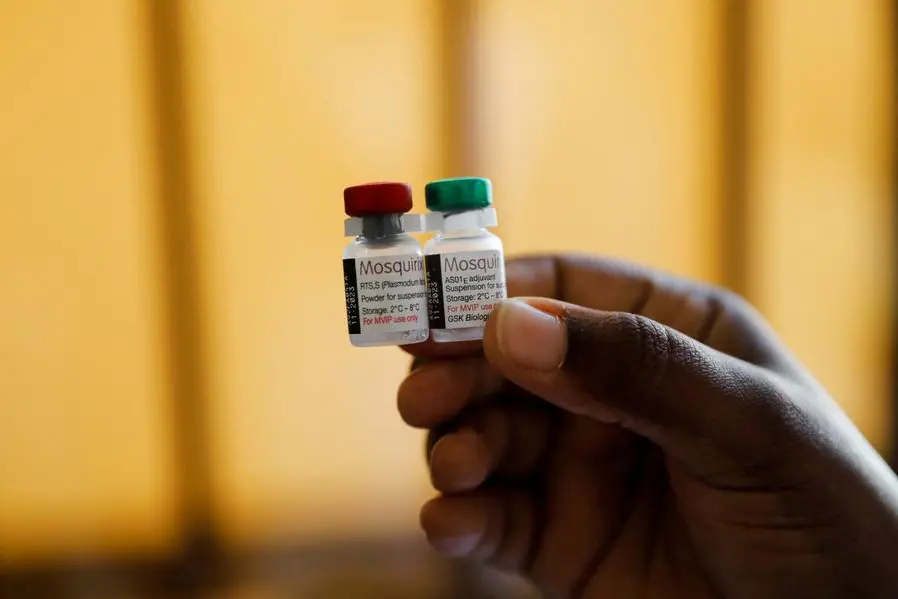PHOTO
Cameroon has become the first nation to officially roll out a national malaria vaccination programme for children, marking a significant step in the fight against the mosquito-borne disease. The initiative, hailed as a “milestone” by health officials, aims to curb the devastating impact of malaria in Africa, responsible for 95% of global deaths from the illness.
“This vaccination campaign will save lives and bring immense relief to families and the healthcare system,” declared Aurelia Nguyen, chief program officer at Gavi, the vaccine alliance supporting Cameroon’s vaccine procurement.
The Central African nation targets vaccinating 250,000 children in the next two years. Furthermore, Gavi is collaborating with 20 other African countries to implement similar programmes, aiming to immunise over 6 million children by 2025. This collective effort seeks to address the staggering toll of malaria in Africa, with an estimated 250 million cases annually, claiming 600,000 lives, primarily among young children.
Cameroon will commence with Mosquirix, one of two recently approved malaria vaccines. While acknowledging its limitations, the World Health Organization endorsed Mosquirix in 2021, citing its potential to significantly reduce severe infections and hospitalisations, despite its 30% efficacy, four-dose requirement, and waning protection over time.
Prior to the national rollout, Mosquirix underwent extensive testing in Africa and pilot programmes in three countries. However, its limited production capacity raised concerns about its long-term sustainability. GlaxoSmithKline, the vaccine manufacturer, can only produce approximately 15 million doses annually, prompting some experts to consider the Oxford University vaccine, also recently approved by WHO in October, as a more scalable solution. This alternative boasts affordability, a three-dose schedule, and a significantly higher production potential of 200 million doses per year through the Serum Institute of India. Nguyen expressed optimism that sufficient Oxford vaccines could be available later this year for additional immunisation efforts.
It is crucial to remember that neither of the existing malaria vaccines prevents transmission. Therefore, complementary measures like bed nets and insecticide spraying remain vital in the fight against the disease. The malaria parasite, primarily transmitted through infected mosquitoes, causes symptoms like fever, headaches, and chills, posing a grave threat to public health, particularly in vulnerable populations.
Cameroon’s pioneering national malaria vaccination programme represents a critical step forward in tackling this devastating disease. As the initiative expands and additional vaccine options become available, the hope is that Africa can finally turn the tide against malaria and save countless lives.
© 2022 Daily News Egypt. Provided by SyndiGate Media Inc. (Syndigate.info).





















